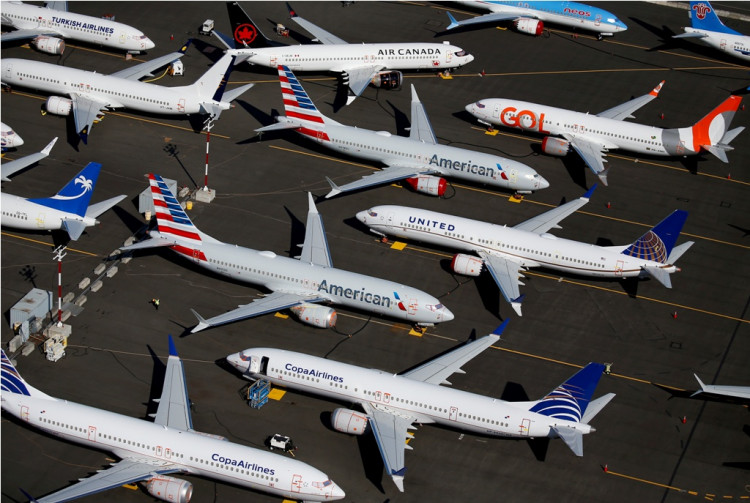Southwest Airlines has just dropped Boeing 737 Max planes from its 2019 schedule. The operator announced on Thursday that the jets in question will not be in its flight schedules until January 5, 2020.
According to Simple Flying, Southwest made the announcement during the company's second quarter earnings report day. It is worth noting that the airliner is the biggest operator of Boeing 737 Max fleets all over the world.
Chief exec Gary Kelly said in a press release that Southwest made the decision based on its forecast that the recertification of the jets will not be rolled out until the fourth quarter of this year.
Kelly went on to explain that the company will make the necessary adjustments now that Boeing 737 Max jets will not be part of its schedule until early next year. Furthermore, he stressed that even if Boeing's planes will be recertified by Q4 2019, there are other processes along the way.
Aside from waiting for further recommendations from the Federal Aviation Administration (FAA), Kelly explained that it may take Boeing up to two months to comply with the directives such as pilot training.
Shortly after the announcement, industry analysts said they are expecting a lot of flights to be canceled as the company tries to find alternatives and strike deals with airplane makers who can supply in substitution of the grounded jets.
Meanwhile, Boeing CEO Dennis Muilenburg's statements during its Q2 2019 earnings call were questioned by several aviation experts. According to Quartz, Muilenburg said this week that a software fix was what the 737 Max jets needed.
For some aviation experts, a "quick fix" was more than what the grounded planes needed. Instead, some have stood firm on their ground that there was a problem with the jets' hardware. Others said issues with the microprocessor speed contributed to the control system software's malfunctioning.
Furthermore, the FAA said late in June that it discovered a new risk that comes with the Boeing 737 Max planes. At that time, the agency said the issue was determined while pilots performed simulator tests.
According to Reuters, sources with knowledge of the matter said engineers and experts were unsure if the risk they found could be resolved through a software patch-up. The issue is believed to be more complicated than what it seems as the FAA did not provide details about the alleged risk.
Due to the June announcement, Boeing is expected to face further delays in its efforts to get a recertification from the FAA before 2019 ends. Sources revealed that if the company is able to fix the problem, it will still take up to three weeks before the FAA makes a decision.





